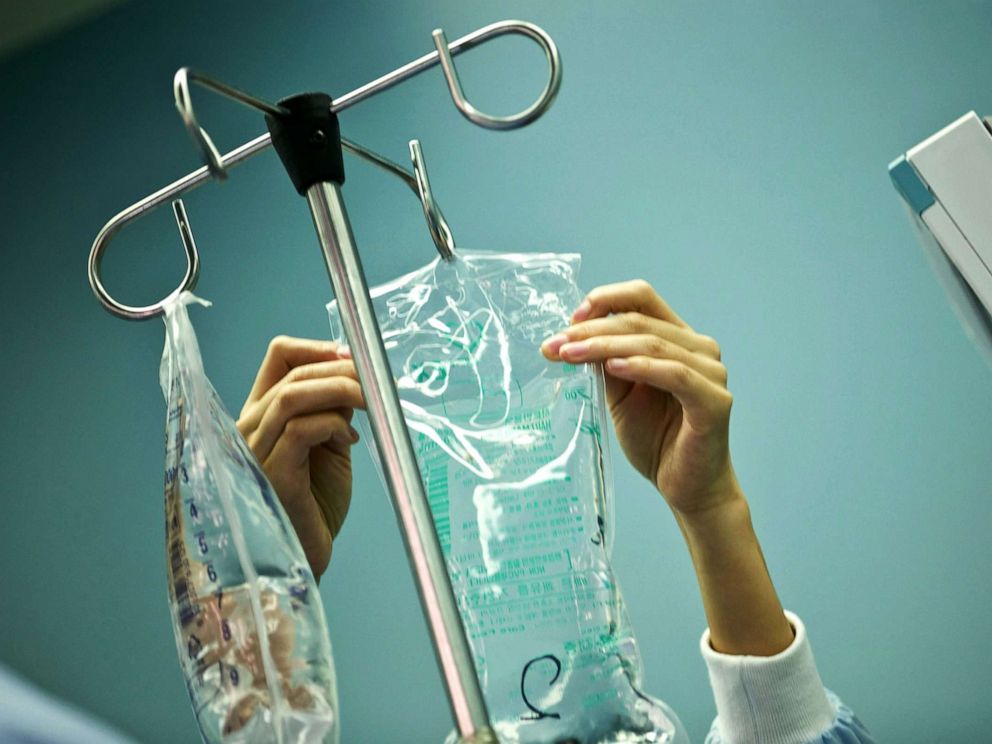She is an LCSW and holds a master's degree in social work. She has excellent experience with chemical dependence and co-occurring psychological health diagnoses as well as different healing methods. Brittany is enthusiastic about treating all customers with dignity and regard, and providing a safe environment where clients can begin their recovery journey in healing. A Treatment Strategy Overview for Individuals Suffering Compound Abuse Relapse Issues. Period: 3 hours Finding out Objectives: Acquire a fundamental understanding of how to identifying, triggers, signs and learning different options to complete a treatment strategy that consists of: a. Behavioral Definitions b. Long Term Goals c. Short-term Goals d. Techniques.
to Achieve Objectives e. Download the Free Demonstration to Examine *** Course Curriculum: Introduction Regression Signs and Signs Causes of Relapse Medical Diagnosis and DSM 5 Steps to Develop a Treatment Strategy that consists of Behavioral Descriptors, Long Term Goals, Short-term Goals, Interventions/Strategies and DSM V CODE Combined with ICD_9 and 10-CM Codes for ODD Sample Treatment https://gumroad.com/harinn9k7b/p/a-biased-view-of-what-is-the-most-effect-treatment-for-drug-and-alcohol-addiction Strategy Intro: Struggling with substance.

abuse and overcoming the grueling fight, is an intimidating battle that many individuals face each day. In order to deal with the issues of every day life, a person requires to have strong coping skills and a high level of self-efficacy; if not drug addiction can quickly take place. When an individual is feeling down, depressed and does not know how to deal with stressful problems, it can look like using drugs could supply an invited reprieve or be an escape route. When someone confronts drug addiction and is prepared to make life altering decisions, this is when the help of a professional drug rehabilitation program can enter focus. There are a number of helpful programs and services which will help a drug abuser individual successfully handle the circumstance, and reveal the specific how to prevent triggers which might cause drug abuse relapse. Because serious drug dependency makes an individual go through extremely uneasy withdrawal symptoms, the.
assistance of a treatment program is advantageous and can make the procedure circulation more efficiently. While in a professional drug treatment program and getting detoxing and rehabilitation, a person is getting the assistance required in order to recover - how many people go to video game addiction treatment centers. The world of drug dependency runs really deep and far a lot of people are losing their lives, houses, families, tasks and whatever that matters in.
life. If an individual wishes to leave the roller rollercoaster lifestyle of drug dependency, the only method is through getting aid from a drug treatment center. When registered in a drug treatment center, the healing client is welcomed to take part in 12-step meetings, support system, drug and alcohol treatment center fl treatment and counseling. By going to therapy and counseling sessions, the healing client has the ability to open up about the dependency and share stories and information with others in the very same position. The individual can rely on this section when feeling triggered and implement those actions or activities, even if not in the mood, in an effort to feel much better. In addition, establishing a strategy for connecting with a therapist, journaling, or taking other restorative actions can be included in this area.

This can be part of an extra area of the action strategy. This secondary plan could have somewhat higher levels of action, consisting of calling a doctor or scheduling a good friend to be present up until the sensations decrease. The last section of the strategy should include a crisis plan in case the specific reaches a point when self-care is no longer an alternative and others require to take control of care - what is treatment for porn addiction.
It is essential to be thorough in this area since it will be utilized why not try these out by others, so directions must be clear. what is the latest treatment for opioid addiction. The National Alliance on Mental Disease defines what a crisis situation is: a state in which the person can not manage the scenario alone based upon the tools available, when others have to action in and assist.
Getting The What Is The Treatment For Drug Addiction To Work
Having a strategy in this case can assist to avoid a worst-case scenario from occurring. The components of this strategy consist of directing others about how to recognize: What feeling well looks like for the individual When the individual is experiencing signs that need intervention Who the designated supporters are Which doctor to get in touch with and specifics on any required medications What treatments are essential How to prepare for the person's care What treatment facilities to call or refer to What the individual requirements from others throughout the crisis How to acknowledge when the individual has made it back to recovery When people who are included in the person's care read this strategy, they will understand how to help in such a way that can bring the person back to a point of recovery, so the individual can continue to work through the condition and redefine treatment to fulfill the challenges that occur.
In addition, the person needs to describe the strategy daily to manage recovery and keep it in the forefront of awareness. This will make it easier to fulfill the day-to-day obstacles that arise, keeping those who are most able to assist in the loop. In the meantime, the plan can assist establish a sense of self-reliance and day-to-day motivation.
This confidence is required to allow the individual to continue in abstaining and preserve long-lasting healing. Developing an addiction recovery strategy is a fantastic method for a specific to get ready for unexpected obstacles throughout healing and reply to them in an organized and self-dependent way. With a healing strategy, a person can develop objectives and enact procedures that can counter triggers and "bad days," making it much easier to adhere to goals and maintain healing.